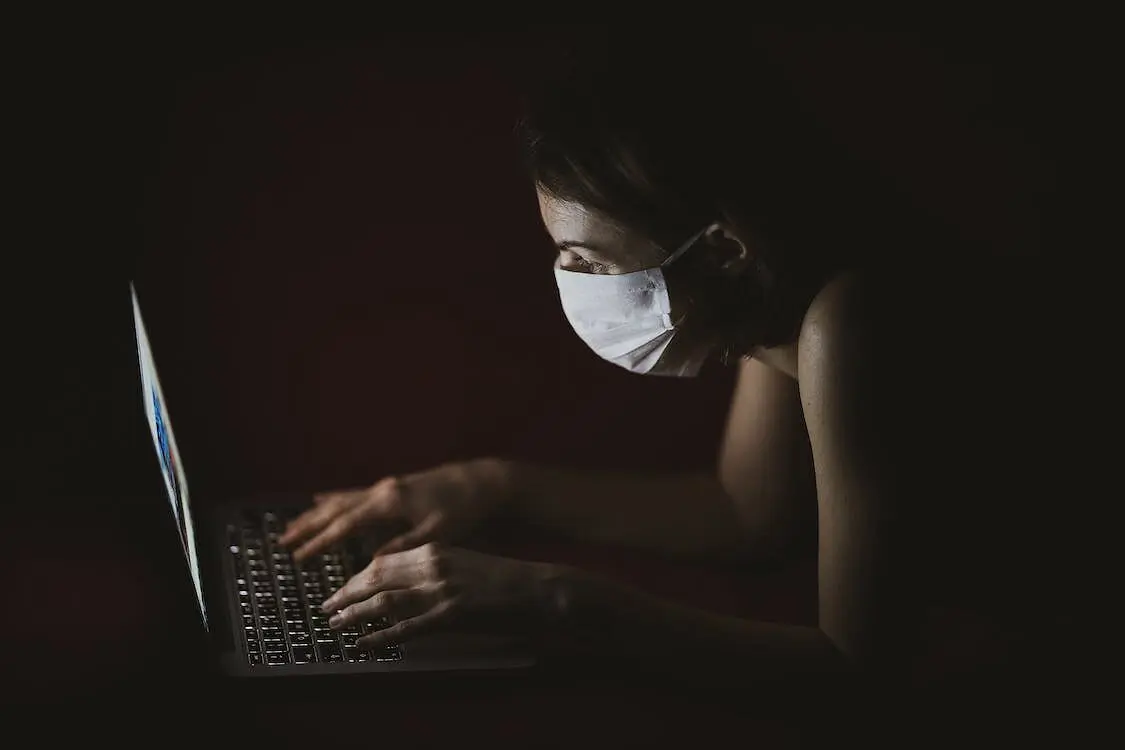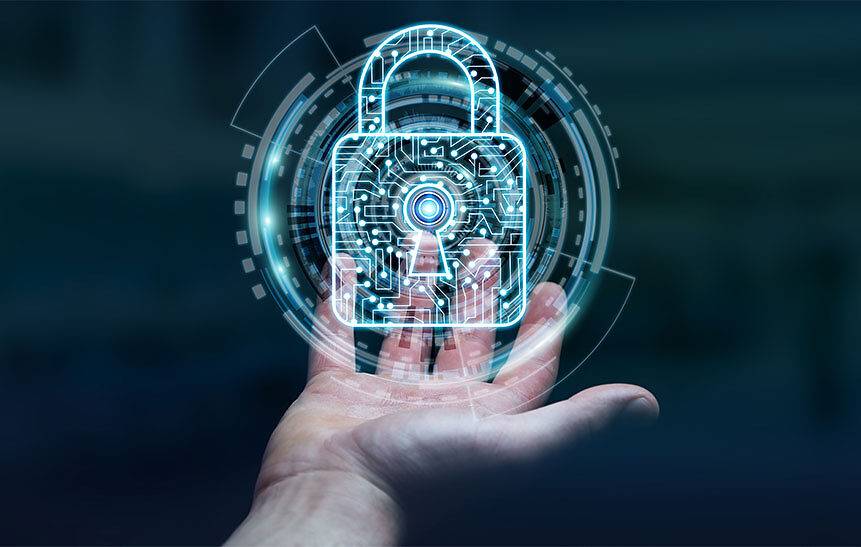The COVID-19 pandemic has set in motion changes from the way we stay in touch with others to digitalizing the way we do mundane tasks like grocery shopping. However, connecting and doing more online comes with increased risks to you and your personal data, as recent reports of data breaches and cybercrime in the region show.
So how can you stay safe while conducting activities online?
Here are three handy tips to get you started.
1. Be Mindful When Providing Information Online
We increasingly use the internet for an array of activities, be it socialising, shopping, or banking. This has only become more common with the COVID-19 pandemic as many stay home and go online instead. What is concerning, however, is the type and degree of information we provide in the process, unwittingly or otherwise. This may be in the form of entering sensitive information on an unsecured website, or posting personal details on social media.
It is key that we carefully consider what information we choose to expose about ourselves online, and where we provide information. A quick verification of the website’s legitimacy, or rethinking that post you’re about to publish can go a long way in ensuring minimal exposure of your data online. It doesn’t hurt to do regular reviews of the privacy settings on your social media accounts either.
2. Be Prompt in Going Ahead with Updates
We know no one enjoys seeing a notification to update their software. Some even go the extra mile to disable such notifications, dreading the recurring pop-up that almost haunts the device until the update is completed. However, refusing or not remembering to do an update can mean an increased risk to your devices, as threat actors capitalise on vulnerabilities in unpatched systems while companies seek to roll out corresponding security fixes in updates.
Setting timely reminders to check for available updates as well as having a regular data backup process may be useful in easing some of the concerns surrounding updates for operating systems, software, and applications. Having an anti-virus program installed on your devices can also protect you from infections and attacks which may target your personal information.
3. Be Vigilant in Securing Your Home Network
As the COVID-19 pandemic continues, many appear likely to stick with working from home in order to stay safe. In the process, organisations and individuals alike have had to rapidly adapt, some without the proper security guidelines and protocol that should be prioritised and in place to protect data.
Strengthening home network security is critical in limiting unfettered access to important information and keeping connected devices safe, and router security is a key aspect of that. By keeping the router firmware up-to-date as well as changing the default passwords and settings, you will be able to significantly reduce risk to probably the most important device in your home. The use of a reputable Virtual Private Network (VPN) is also recommended for better online privacy.
If you’re still unsure about your network security, allow Xione Group to advise on your next steps in strengthening your cyber security with no obligation.
We want to ensure you have a piece in mind while you enjoy staying connected with your loved ones and shop online safely. Contact us today to find out more!
Why securing my communications is important?
For both business and even individuals, it’s equally important to protect:
- Your sensitive data
- Your intellectual property rights and copyrights infringement
- Your internal communications
If any of the above are overlooked, you’re putting yourself at risk of greater exposure.
The last thing you would want is to enable cybercriminals to take your data hostage and threaten your business, your family, or you as an individual.
So how do I keep my communications secured?
1. Always ensure that your communication platforms are end-to-end encrypted (E2EE).
As more and more data are exchanged over handheld devices, it risks being exposed to cyber threats. Did you know those free messaging applications found in most app stores send personal and sensitive data to remote servers? And the data collected is noted by advertisers and, increasingly, by cybercriminals?
Just for starters, your app will probably send off the following details:
- Make and model of phone
- Your operating system iOS or Android and version
- When it was first used, became active
- Your service provider
- Your IMEI number, International Mobile Equipment Identity
- ID IMSI = International Mobile Subscriber Identity SIM Card
You can try limiting permissions if the app allows, but then it probably won’t work without access to your storage and files, microphone and voice recorder and finally use of the phone dialing capability.
All too much? Well, you just gave it all away when you invited those apps onto your device.
End-to-end encryption (E2EE) is paramount in this day and age for both personal and business use. Although not totally sufficient on its own, it helps protect your instant messages from third party actors. As explained above, communication apps that are free to download are not as secure as you think!
2. Review your current internal communications.
You don’t have to compromise on tools essential to business productivity, like video calls, sending important files, etc. if you understand their limitations and advantages. Start by reviewing your current communication platforms in your business to sieve out potential threats. Verify that the communication platforms that you’re using are safe and from reputable service providers that you can trust. Make sure you’re running the most recent version of the app with the latest security patches.
Finally, read the fine print in the terms of service to understand what data is being collected about you.
3. Now to secure your communications!
Now that you have a better idea of why is secure communications are important and how they play an important role in business and personal life, it’s time to take your first step towards securing your communications.
Speak to our cybersecurity experts here at Xione Group and let us help you stay protected.




